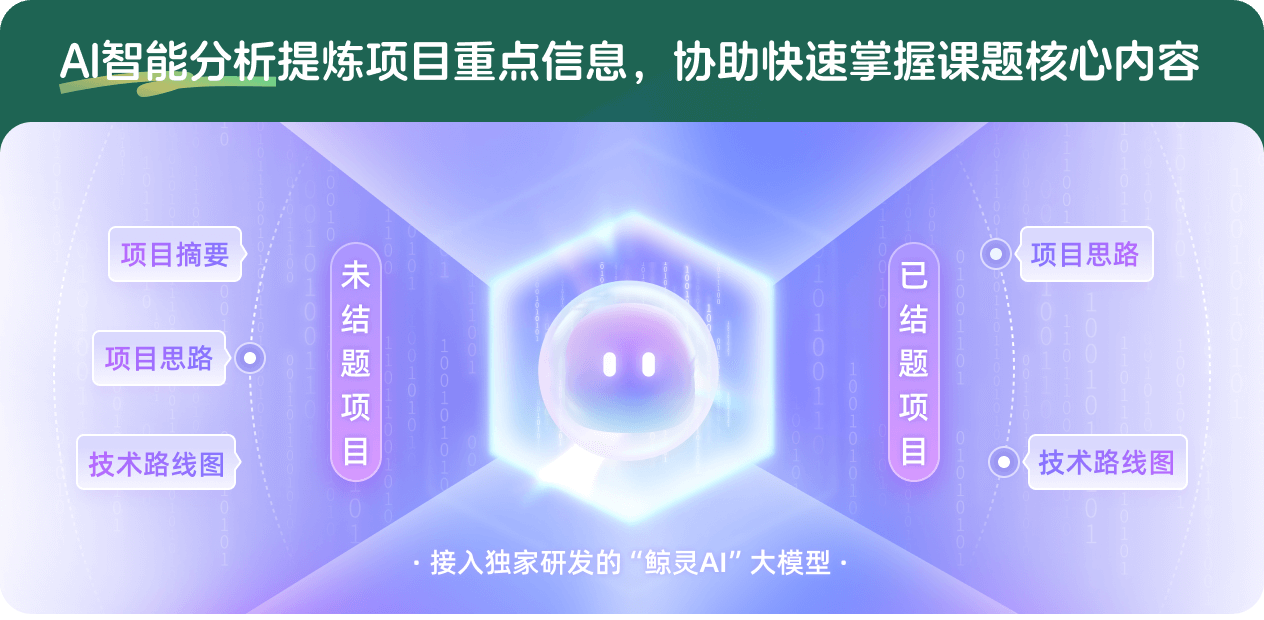多用户MIMO通信中下行链路的空时信号处理与优化设计
项目介绍
AI项目解读
基本信息
- 批准号:60672093
- 项目类别:面上项目
- 资助金额:26.0万
- 负责人:
- 依托单位:
- 学科分类:F0111.信号理论与信号处理
- 结题年份:2009
- 批准年份:2006
- 项目状态:已结题
- 起止时间:2007-01-01 至2009-12-31
- 项目参与者:钱轶群; 徐琴珍; 林敏; 胡蝶; 黄永明; 俞菲; 许道峰; 麻清华; 刘建国;
- 关键词:
项目摘要
本项目针对MIMO多用户下行链路,基于实际的信道模型和系统参数设置,探索在多天线多用户通信系统中,如何利用有限的频率和功率资源,设计更加有效的空分多址、空间分集和多用户分集方案,提高现有多用户MIMO系统的传输速率和检测性能。拟具体分析信道信息不准确时多用户MIMO广播信道的容量,解决如何及时有效地或只用有限的比特数反馈多用户MIMO信道的信息,研究利用信道估计误差统计特性提高发射端预编码设计的鲁棒性,以及时变信道下的发射端预编码和自适应调制设计;探索多种性能约束条件下的发射端和接收端的多维联合优化问题;探索MIMO多用户分集系统中用户调度、信道分配和随机波束形成技术的有效集成以及联合优化,为MIMO多用户下行链路中的信息高速传输设计出几种可行的方案,获得一些MIMO多用户空时处理的关键技术。该项目的研究对MIMO空分多址系统走向实际应用具有非常重要的现实意义。
结项摘要
项目成果
期刊论文数量(73)
专著数量(0)
科研奖励数量(0)
会议论文数量(36)
专利数量(17)
MIMO 多中继辅助通信中基于简化发射预编码的 AF 中继选择
- DOI:--
- 发表时间:--
- 期刊:电子与信息学报
- 影响因子:--
- 作者:韩玉洁;杨绿溪
- 通讯作者:杨绿溪
下行多用户多业务 OFDM 系统动态资源分配方法
- DOI:--
- 发表时间:--
- 期刊:高技术通讯
- 影响因子:--
- 作者:仲崇显;杨绿溪
- 通讯作者:杨绿溪
多用户MIMO系统中一种基于一位反馈信息的调度算法
- DOI:--
- 发表时间:--
- 期刊:电子与信息学报
- 影响因子:--
- 作者:杨绿溪;刘建国
- 通讯作者:刘建国
基于多用户 MIMO 网络的 OFDM 放大转发双向中继策略
- DOI:--
- 发表时间:--
- 期刊:电子与信息学报
- 影响因子:--
- 作者:赵睿;杨绿溪
- 通讯作者:杨绿溪
基于最优波束成型的中继增强型通信系统的性能分析
- DOI:--
- 发表时间:--
- 期刊:电子与信息学报
- 影响因子:--
- 作者:傅友华;杨绿溪
- 通讯作者:杨绿溪
数据更新时间:{{ journalArticles.updateTime }}
{{
item.title }}
{{ item.translation_title }}
- DOI:{{ item.doi || "--"}}
- 发表时间:{{ item.publish_year || "--" }}
- 期刊:{{ item.journal_name }}
- 影响因子:{{ item.factor || "--"}}
- 作者:{{ item.authors }}
- 通讯作者:{{ item.author }}
数据更新时间:{{ journalArticles.updateTime }}
{{ item.title }}
- 作者:{{ item.authors }}
数据更新时间:{{ monograph.updateTime }}
{{ item.title }}
- 作者:{{ item.authors }}
数据更新时间:{{ sciAawards.updateTime }}
{{ item.title }}
- 作者:{{ item.authors }}
数据更新时间:{{ conferencePapers.updateTime }}
{{ item.title }}
- 作者:{{ item.authors }}
数据更新时间:{{ patent.updateTime }}
其他文献
通用滤波多载波通信系统中干扰抑制均衡算法
- DOI:10.16798/j.issn.1003-0530.2018.05.006
- 发表时间:2018
- 期刊:信号处理
- 影响因子:--
- 作者:路娟;何世文;黄永明;杨绿溪
- 通讯作者:杨绿溪
毫米波分离型子阵列的低复杂度混合波束成型传输设计
- DOI:10.16798/j.issn.1003-0530.2016.09.05
- 发表时间:2016
- 期刊:信号处理
- 影响因子:--
- 作者:欧飞飞;何世文;薛春林;徐琴珍;杨绿溪
- 通讯作者:杨绿溪
多小区多用户协同资源效率优化算法
- DOI:--
- 发表时间:2017
- 期刊:应用科学学报
- 影响因子:--
- 作者:钱叶旺;何世文;杨绿溪
- 通讯作者:杨绿溪
两跳中继TDD-CDMA蜂窝网络容量分析
- DOI:--
- 发表时间:2013
- 期刊:东南大学学报(自然科学版)
- 影响因子:--
- 作者:鲁蔚锋;杨绿溪;吴蒙
- 通讯作者:吴蒙
格约简辅助MIMO双向中继网络编码设计
- DOI:--
- 发表时间:2010
- 期刊:电信科学
- 影响因子:--
- 作者:何世文;李春国;杨绿溪
- 通讯作者:杨绿溪
其他文献
{{
item.title }}
{{ item.translation_title }}
- DOI:{{ item.doi || "--" }}
- 发表时间:{{ item.publish_year || "--"}}
- 期刊:{{ item.journal_name }}
- 影响因子:{{ item.factor || "--" }}
- 作者:{{ item.authors }}
- 通讯作者:{{ item.author }}

内容获取失败,请点击重试

查看分析示例
此项目为已结题,我已根据课题信息分析并撰写以下内容,帮您拓宽课题思路:
AI项目摘要
AI项目思路
AI技术路线图

请为本次AI项目解读的内容对您的实用性打分
非常不实用
非常实用
1
2
3
4
5
6
7
8
9
10
您认为此功能如何分析更能满足您的需求,请填写您的反馈:
杨绿溪的其他基金
深度学习辅助的智能无线通信方法研究
- 批准号:
- 批准年份:2019
- 资助金额:59 万元
- 项目类别:面上项目
5G场景下波束设计和特定信号探测
- 批准号:
- 批准年份:2019
- 资助金额:260 万元
- 项目类别:
面向B4G/5G移动通信系统的大规模MIMO传输方案研究及其优化设计
- 批准号:61372101
- 批准年份:2013
- 资助金额:78.0 万元
- 项目类别:面上项目
基于网络编码的协作中继传输系统的优化设计与性能分析
- 批准号:61071113
- 批准年份:2010
- 资助金额:36.0 万元
- 项目类别:面上项目
多输入多输出信道的盲和半盲估计与均衡及智能天线应用
- 批准号:60272046
- 批准年份:2002
- 资助金额:23.0 万元
- 项目类别:面上项目
海水中激光散射场的混沌特性和非线性信号处理方法研究
- 批准号:69872009
- 批准年份:1998
- 资助金额:12.0 万元
- 项目类别:面上项目
分类统一描述的图象/视觉处理算法的VLSI结构设计
- 批准号:69402003
- 批准年份:1994
- 资助金额:6.5 万元
- 项目类别:青年科学基金项目
相似国自然基金
{{ item.name }}
- 批准号:{{ item.ratify_no }}
- 批准年份:{{ item.approval_year }}
- 资助金额:{{ item.support_num }}
- 项目类别:{{ item.project_type }}
相似海外基金
{{
item.name }}
{{ item.translate_name }}
- 批准号:{{ item.ratify_no }}
- 财政年份:{{ item.approval_year }}
- 资助金额:{{ item.support_num }}
- 项目类别:{{ item.project_type }}




















